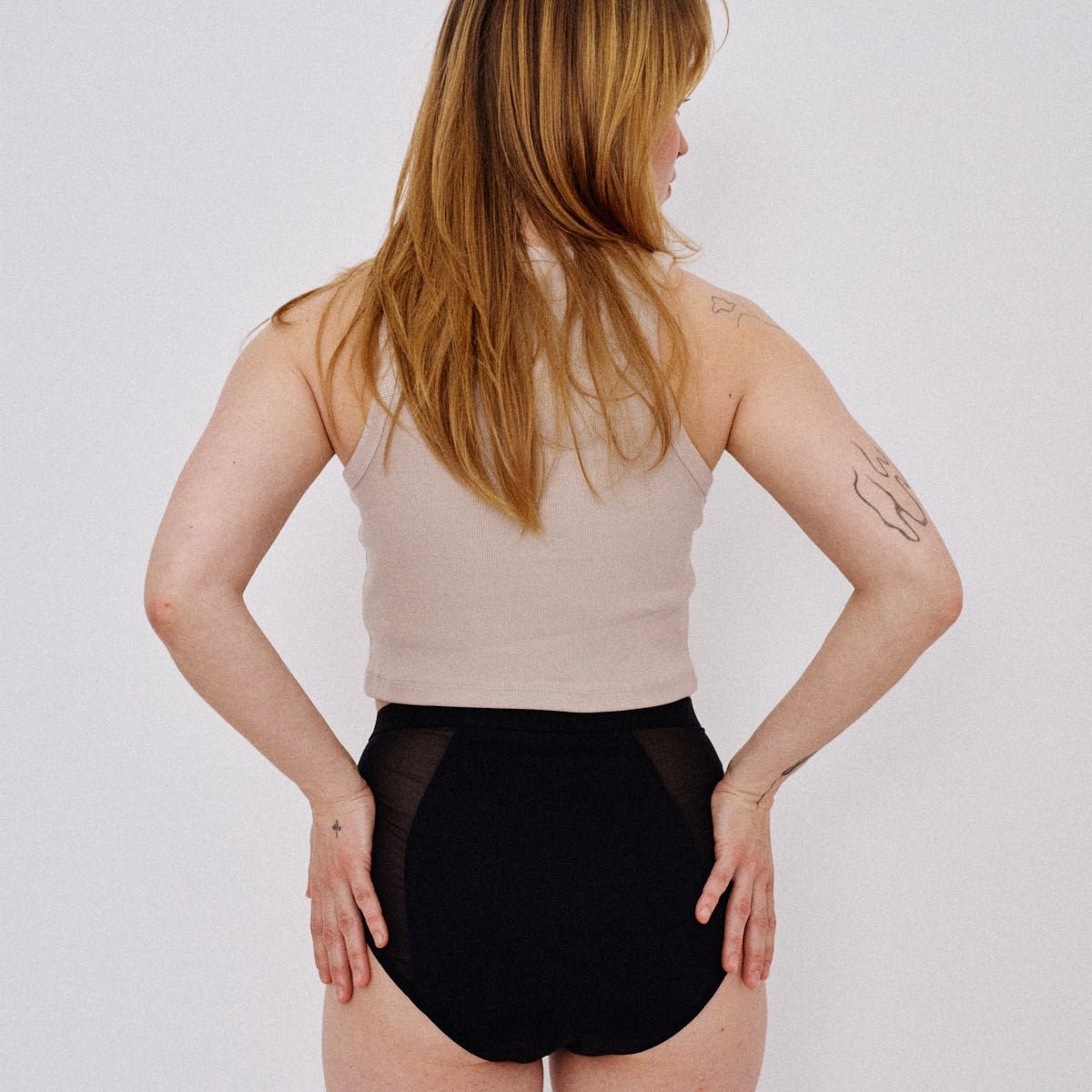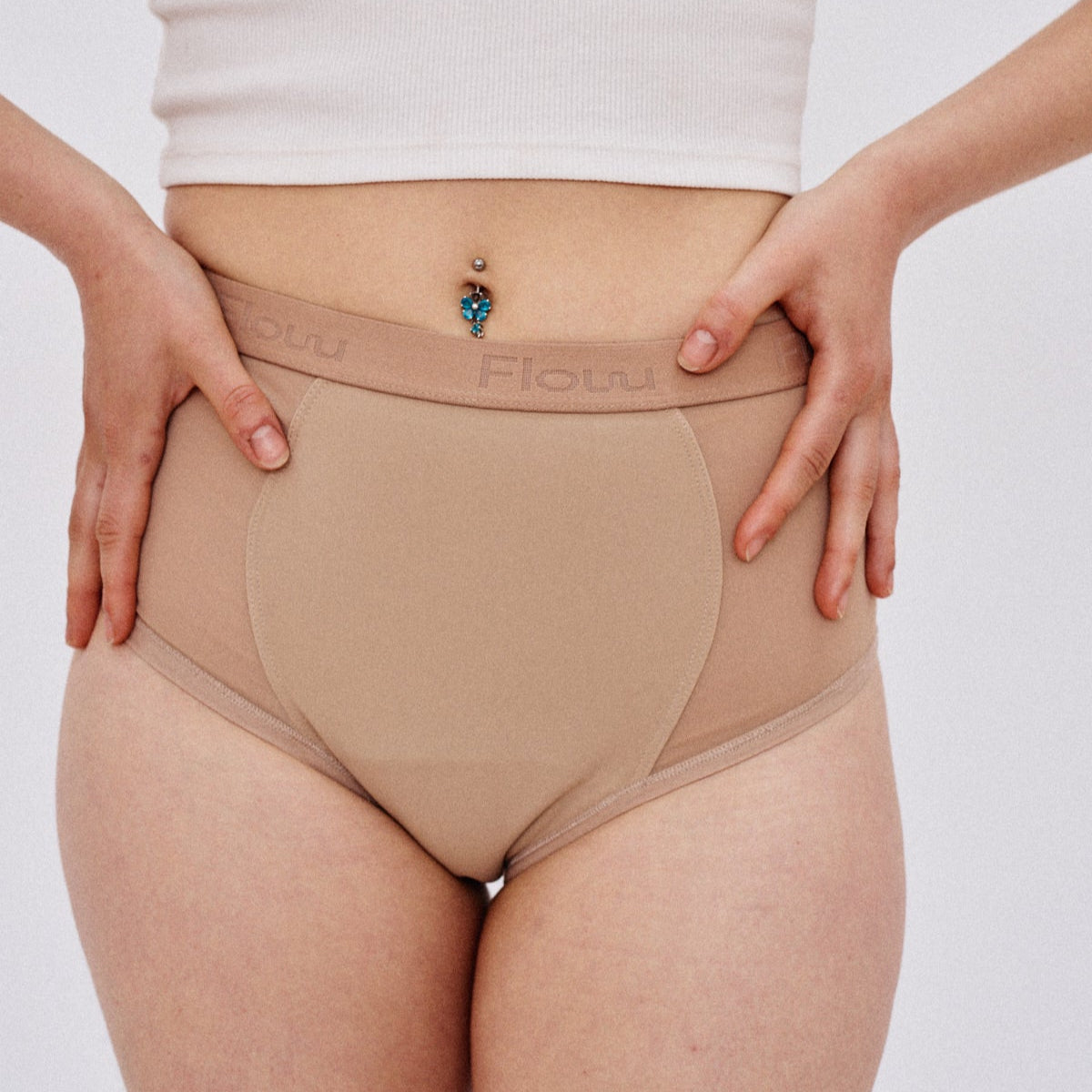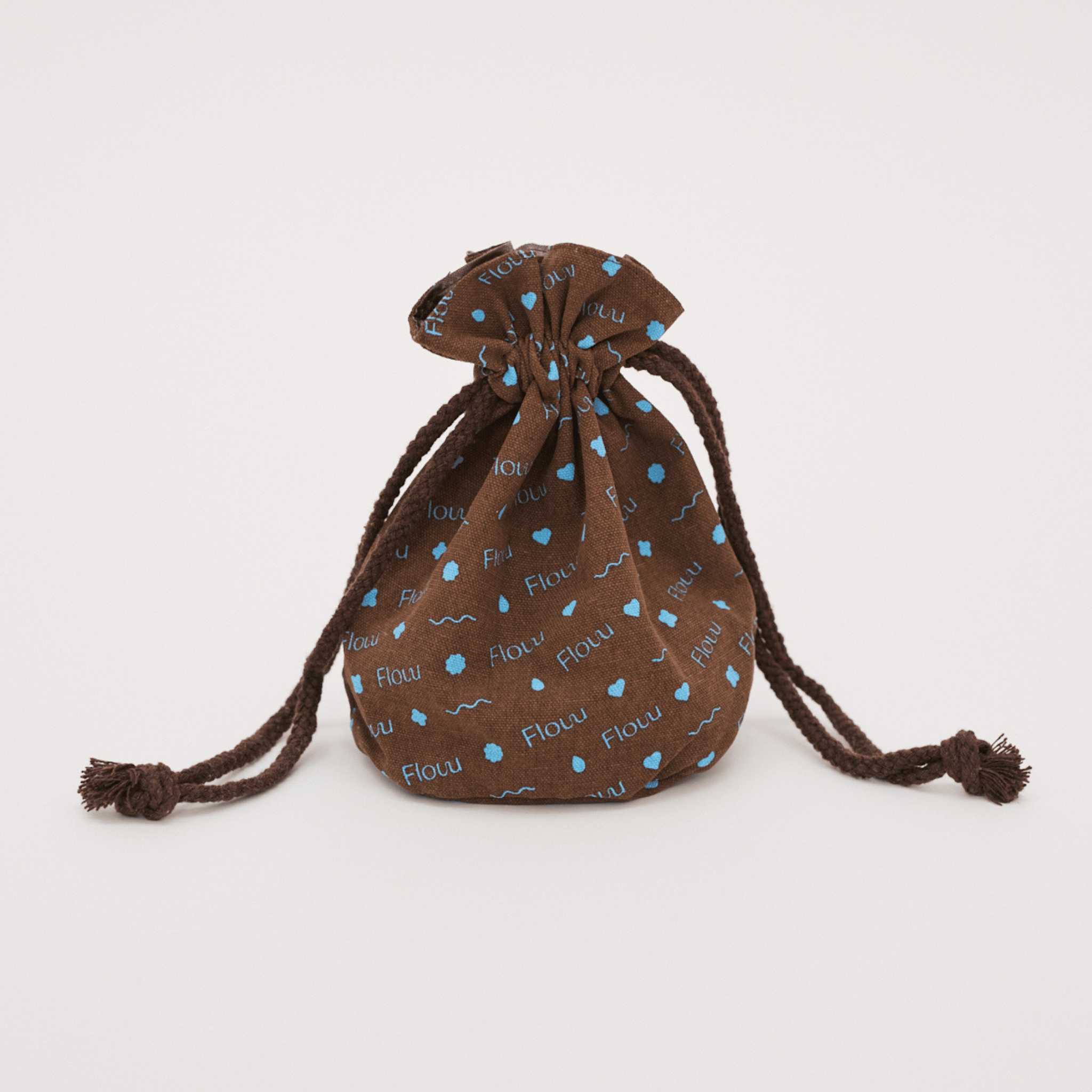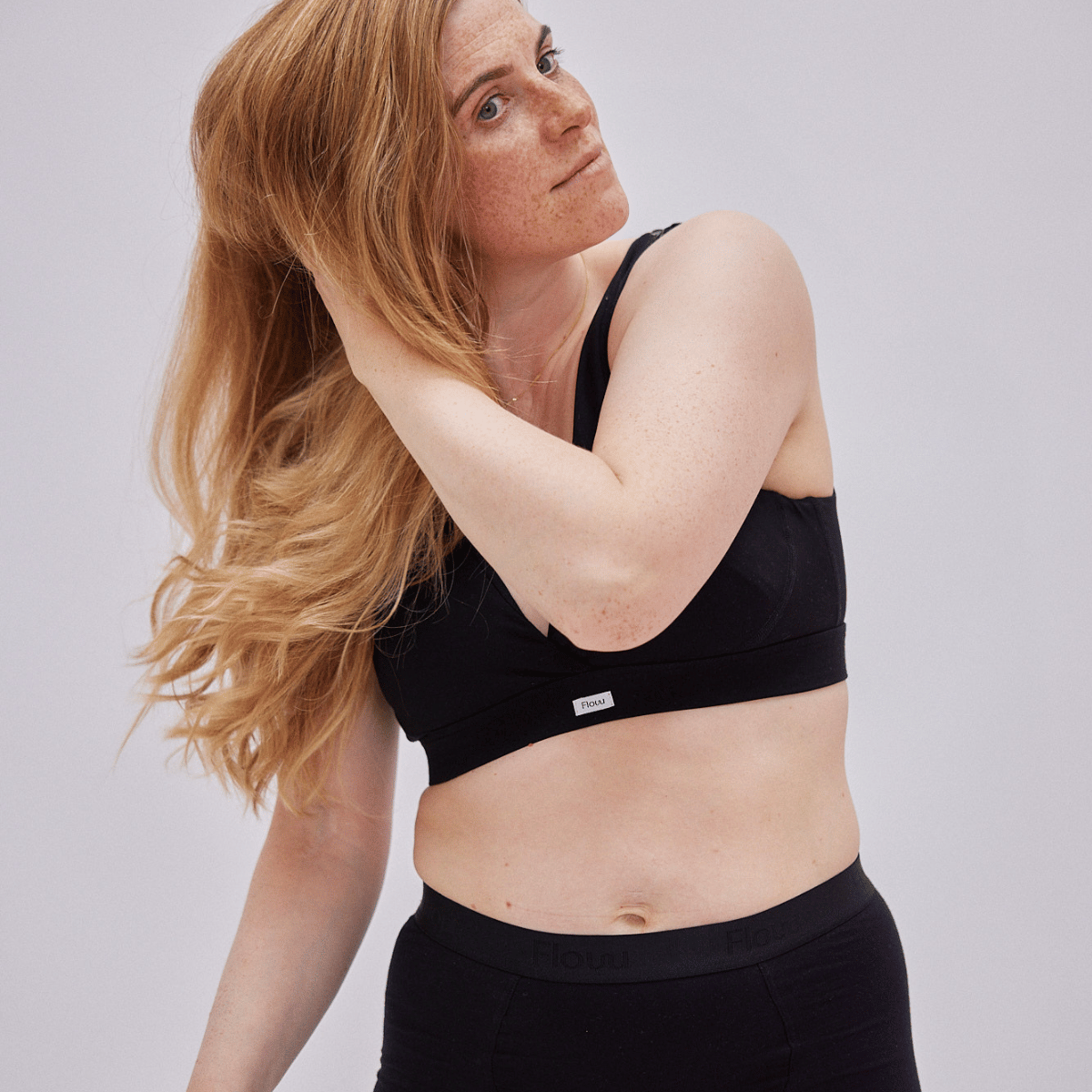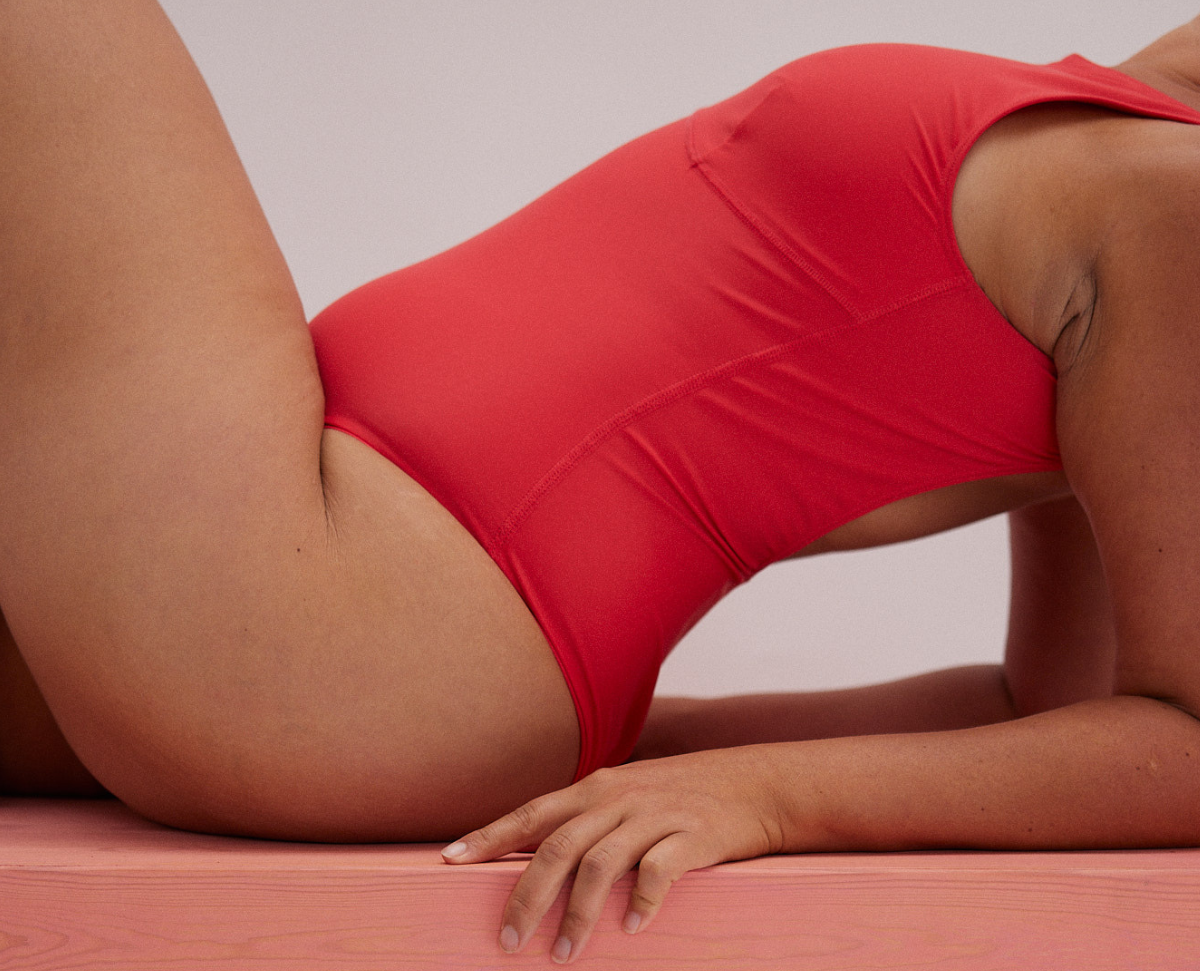“Not tonight, honey”: Understand your (or your partner's) desire

Author: Emma Libner
Do you know that? You have been watching Netflix on the sofa all evening. It's getting a little late, you've had a little too much candy, you're tired, not so well-prepared, and suddenly your partner starts to suggest sex. You're just not there, not at all like that. And in the absence of profit, you simply reply: "... not tonight, dear".
The above scenario is actually so familiar that most women (and certainly men too) don't even need to have experienced it themselves to be able to nod in recognition of the dynamic. We've seen it! We know the tired and incoherent wife, even if she doesn't necessarily have a name. She is what a Danish teacher calls a trope - an archetype that recurs in the world of fiction and is so rehearsed that it becomes, in a way, commonplace. In films, series, commercials, music.
Fortunately, life doesn't have to imitate art when it comes to sex drive.
Two types of sex drive
What is it? Lust. According to the American professor of sexology, Emily Nagoski, who, among other things, has authored the bestselling book Come as you are , there are basically two types of sexual desire: One she calls spontaneous desire , the other responsive desire .
These two types of desire work very differently. Where the spontaneous desire arises suddenly and without much prelude - it can be, for example, at the sight of a cavalcade or the scent of your partner - it takes a little more to entice the responsive desire. For people whose sex drive falls under the responsive category, a different kind of approach to sex than the one we are used to seeing on TV or reading about in Fifty Shades of Gray is necessary.
Where 75% of all men have a desire that can be characterized as spontaneous, the same only applies to approximately 15% of all women, writes Nagoski. In the majority of women, on the other hand, it is the responsive desire that prevails. There is indeed a difference in our experiences of desire. The difference just looks markedly different than what we've been told. The good news here is that responsive desire does not equal no desire. And when we understand that it is basically "just" a completely different way of experiencing desire, then we can also better accommodate it.
Responsive desire: What turns you on?
The key to awakening your desire, if you belong to the group of people whose desire is responsive, is to become familiar with what turns on your desire - and vice versa: What turns it off.
Emily Nagoski compares these two aspects to the accelerator and brake of a car. If the accelerator - the thing that turns you on - is hammered to the bottom, you won't get very far if the brake - the thing that turns you off - is too. You literally won't get very far with your foot pressed down hard on both pedals. Therefore, it is at least as important to ensure that there is not too much that disturbs your desire, as it is to become aware of the things that can arouse it.
Just follow me back to the example from earlier: Maybe you turn on giving each other a massage? Or maybe it's more your jam to enjoy a quiet dinner with long eye contact and deep conversations before you get the urge to have sex? But instead of some of the parts, you and your partner may have ended up lying at opposite ends of the sofa with the TV on for dinner. At the same time, are you the type who cannot abstract from the thought of the dishes left after you have eaten? You might sense where I'm going…
Context is crucial to our desire. Therefore, we must learn to become aware of everything that goes on outside the bedroom before we can step fully into it.
Your sex drive changes throughout your life
As well as being fundamentally spontaneous, responsive or a combination of the two, our sex drive is influenced by an incredible number of circumstances. Perhaps the most obvious is the menstrual cycle, which naturally gives us, with a womb, certain times when we feel more in touch with our desire than others. We also know from research that our general well-being plays a big role in our sexuality, and that an active lifestyle and good sleep hygiene can do wonders for the desire to live it out.
In short, pretty much everything - from our current and past relationships to the medication we take and the contraception we use - can affect our approach to sex, for better or for worse.
To believe that our sex drive is constant is, in other words, to set the bar inhumanly high for ourselves. Our desire develops with us throughout life. And the best of all? There is no right or wrong when it comes to how often you should have sex. The right amount of sex is whatever you decide is right for you.
Sometimes it happens that the desire does not appear at all. This can be experienced very differently from person to person and does not in itself mean that there is something wrong. If you experience a lack of desire as a problem, know that you can seek help. We recommend talking to your doctor about your options if your desire to have lust takes up more than the desire itself.
Source: Come as you are , Emily Nagoski, Scribe Publications, 2015.

